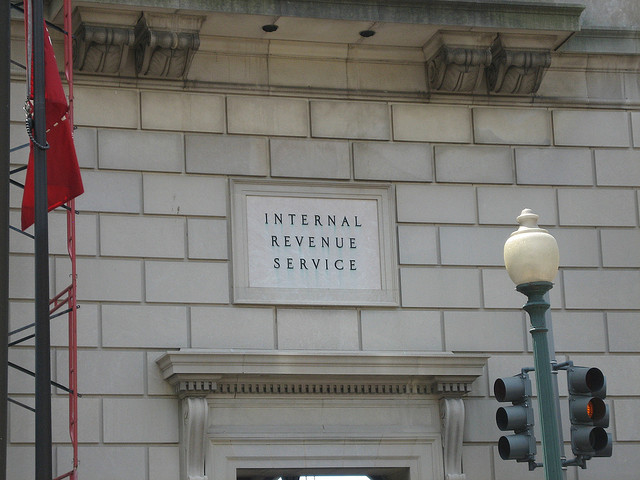
The IRS is up to its old tricks. The agency recently announced a proposed regulation to have 501(c)3 charitable organizations collect the Social Security numbers of many of their donors. Given the agency’s proven disregard for political speech and non-profits, and its past inability to safeguard taxpayer data, this new rule must not be implemented.
Under the proposed rule, charitable organizations would have the option of collecting the Social Security numbers of donors who contribute more than $250 a year. This will create another tool the IRS can use to intimidate and harass individuals that do not agree with this administration.
Taxpayers can help put the brakes on this latest power grab by leaving a comment in opposition before the December 16 deadline. Comments can be left here.
This proposed regulation could very well give the IRS lists of donors who contribute to causes they disagree with. Even worse, the agency has a record of failure when it comes to protecting confidential taxpayer information.
Earlier this year, hackers breached an IRS application exposing the taxpayer data of over 330,000 individuals.
In hindsight, this hack was entirely preventable. Since 2007, the IRS has been warned at least seven times by watchdog groups that it needed to strengthen its protections of taxpayer information. Despite these warnings, the IRS had 44 outstanding watchdog recommendations they had failed to implement at the time of the hack.
Not only could this proposed rule leave taxpayer information at risk, it is ripe for abuse by the IRS. The agency has already been caught going after the donors of non-profits in the past.
In a blatant intimidation attempt, the IRS was caught applying the gift tax to individuals who have donated to a 501(c)4 social welfare organization. The agency justified this interpretation by designating c4s as “persons” under the tax code. No serious tax expert agreed with this interpretation, but that did not stop the IRS.
The agency can still be stopped from implementing this new rule but taxpayers need to quickly voice their opposition.
The bottom line is the IRS should be given less, not more power.

